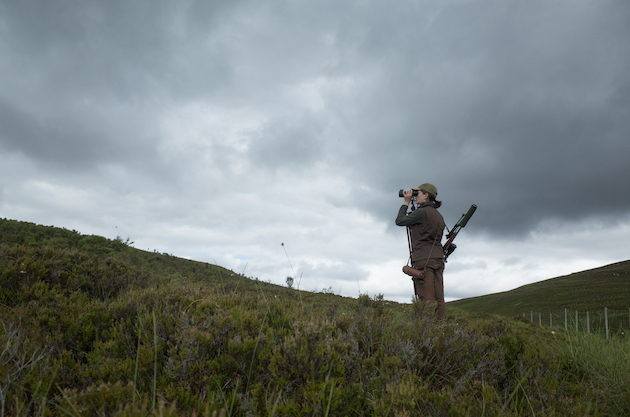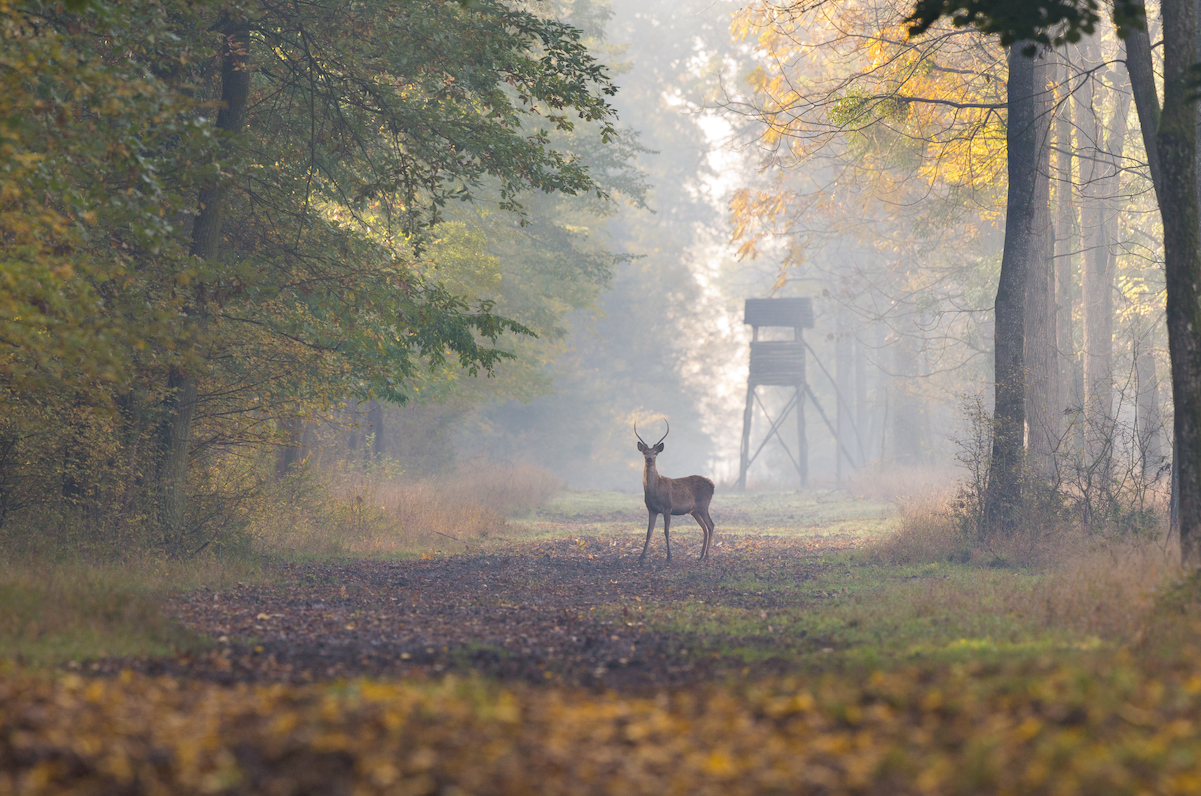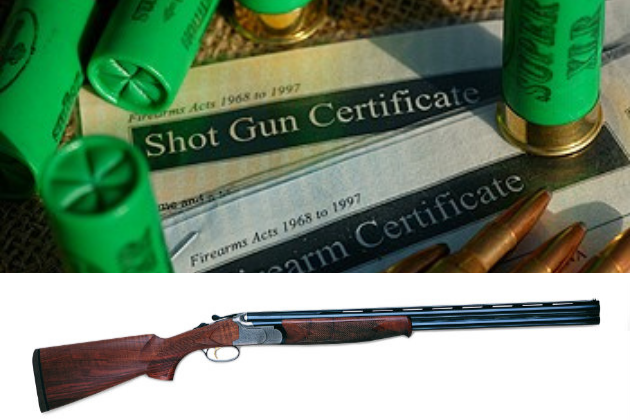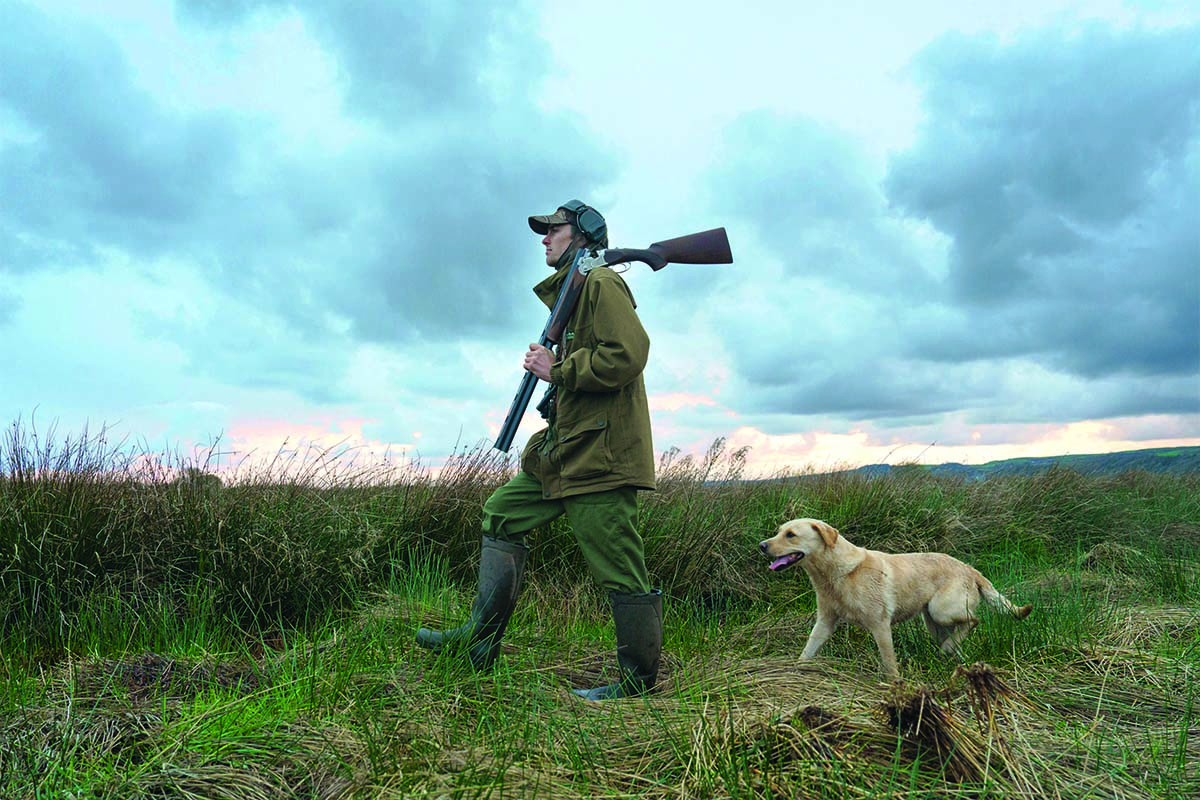Useful tips on getting your firearms certificate
Getting your firearms certificate can be quite daunting, but here Patrick Hook helps you through the process and covers what might not be mentioned elsewhere

Thinking about getting your firearms certificate? If you already have a shotgun certificate, it makes sense to apply for what is known as a “coterminous” certificate. This basically means that you will have one end date for both your shotgun and rifle licences. These are popular with both police forces and shooters because they minimise the amount of paperwork required and they cost less than paying separately. The first thing to do is to establish which police authority you have to apply to.

Completing the application form
The next stage is to complete an application using Form 201 – although long and detailed, it’s fairly straightforward to fill in.
- You’ll need to state what rifle(s) you’d like to acquire, which involves specifying the exact calibre and type. For example, you might like to buy a “bolt action .223 rifle”.
- Although many people will tell you that you can’t have two rifles of the same calibre, that’s simply not true – so long as you can demonstrate “good reason” to need them. For instance, you might need a dedicated night vision rifle as well as one for daytime use. It is down to the local force’s discretion though, so if there’s any doubt, explain your reasoning to your Firearms Enquiries Officer (FEO), and see what they say.
You will also need to provide the details of at least one piece of ground where you have permission to shoot the rifle(s) in question. It is a good idea to get this authority before applying for your firearms certificate.
- You will also need to provide four passport photos and the contact details for two people who are willing to act as your referees, along with the relevant fee.
- You must be scrupulously honest when filling in the form – if you have any convictions, say so – even if they were decades ago. No-one really cares about the exact date on which you were caught for speeding, but you must own up to it having happened all the same. After all, owning a firearm is a matter to be taken seriously.
A closed ticket
In most cases, someone who has not held an FAC before will only be granted what is known as a “closed ticket”, a restriction that usually lasts until the first renewal (at five years). In other words, the holder of a closed ticket can only shoot on ground that is deemed to be appropriate by the police. Typically, that will be the ground that you have written permission for, however, it is worth remembering that it also includes other places which have been cleared for that calibre. Working out which land parcels are covered can be a nightmare, but once again the best way of going about it is by talking to your local FEO.
Once the above restrictions have been removed, you have what is known as an “open ticket”. This means that the responsibility for deciding where it is safe to use the rifle now devolves to you, the shooter. You obviously still need the relevant land permissions, however. If you really need to reduce the time before you are granted an open licence, it is worth seeking advice from your local firearms team, as things can vary tremendously between different forces.
It’s worth getting a DSC1
Many forces consider the successful acquisition of the Deer Stalking Level 1 (DSC1) to be a major step towards your being considered suitable for an open ticket. Ignore the fact that the course is primarily intended for deer stalkers – it is relevant for foxers too because it inherently involves your being taught and assessed on things like firearms law, accuracy, and above all, safety. It’s also both an enjoyable and informative course. The length of time it takes for the force to process your application can vary tremendously – bear in mind that it’s not fair to blame the police for taking too long if your referees haven’t responded.
How to pass your DSC1
Charles Smith-Jones tells you how to prepare yourself to pass your DSC1 and face the assessments with confidence
Firearms security
One of the most tragic events of 2016 was the murder of the MP, Jo Cox. She was shot with a sawn-off .22…
Top tips to remember
- It’s important to understand that under UK law, there is a clear distinction between the right to possess a shotgun against that of a rifle. Every British citizen is deemed to have the right to own a shotgun – if the state disagrees, it has to show why that person should not have one. With a rifle, however, it is the other way around – the assumption is that the person concerned has no automatic right to own one, and therefore has to demonstrate the need to do so.
- For reasons best known to themselves, most police forces, by and large, do not consider that having served in the armed forces provides any relevant experience in the use of firearms.
- Once your certificate has arrived, the first thing is to check it through to make sure that everything is as it should be. Paperwork errors are, sadly, only too common, and although most forces will usually sort them out very quickly, responsibility for complying with the specified terms is down to you.
- If you don’t have a proven track record of using a similar calibre you will be unlikely to be granted something ‘large’. Exactly what this means is interpreted differently by different forces – in some areas they appear to view the law as being what they’d like it to be, whereas in others they follow Home Office guidance closely. In loose terms, if you have no demonstrable experience, you are unlikely to be granted something like a 30-06 rifle on a first application.
- If you have any problems or need advice, go to your shooting organisation.BASC, for instance, has full-time experts who deal with such things.
- When your FAC arrives, take at least one photocopy that you can carry with you when out shooting. Some people advise blanking out your address so that if it gets lost or stolen it doesn’t compromise your home security. Leave the original in your firearms cabinet except when you actually need it, such as when visiting a gun shop to purchase regulated items.












